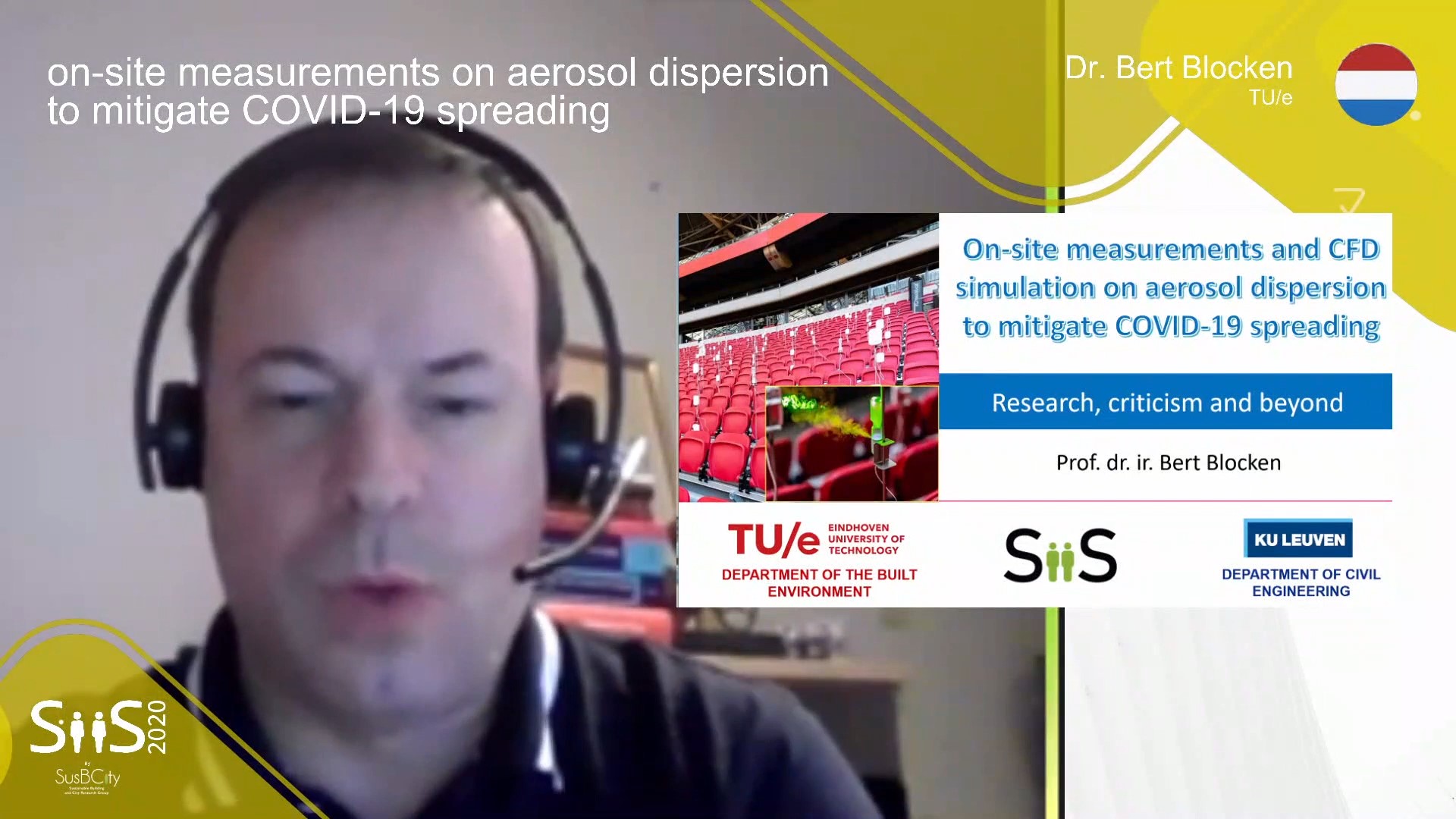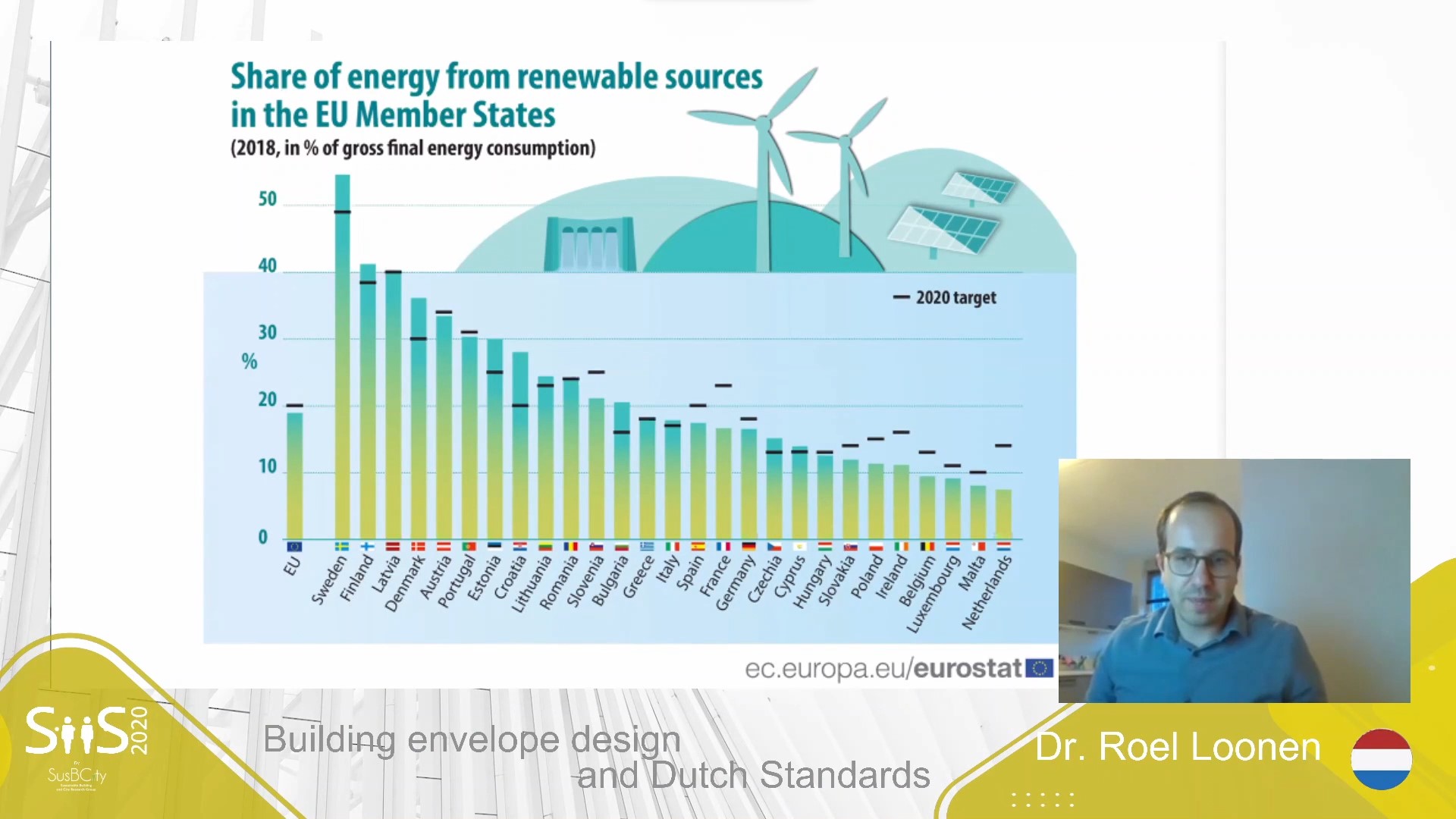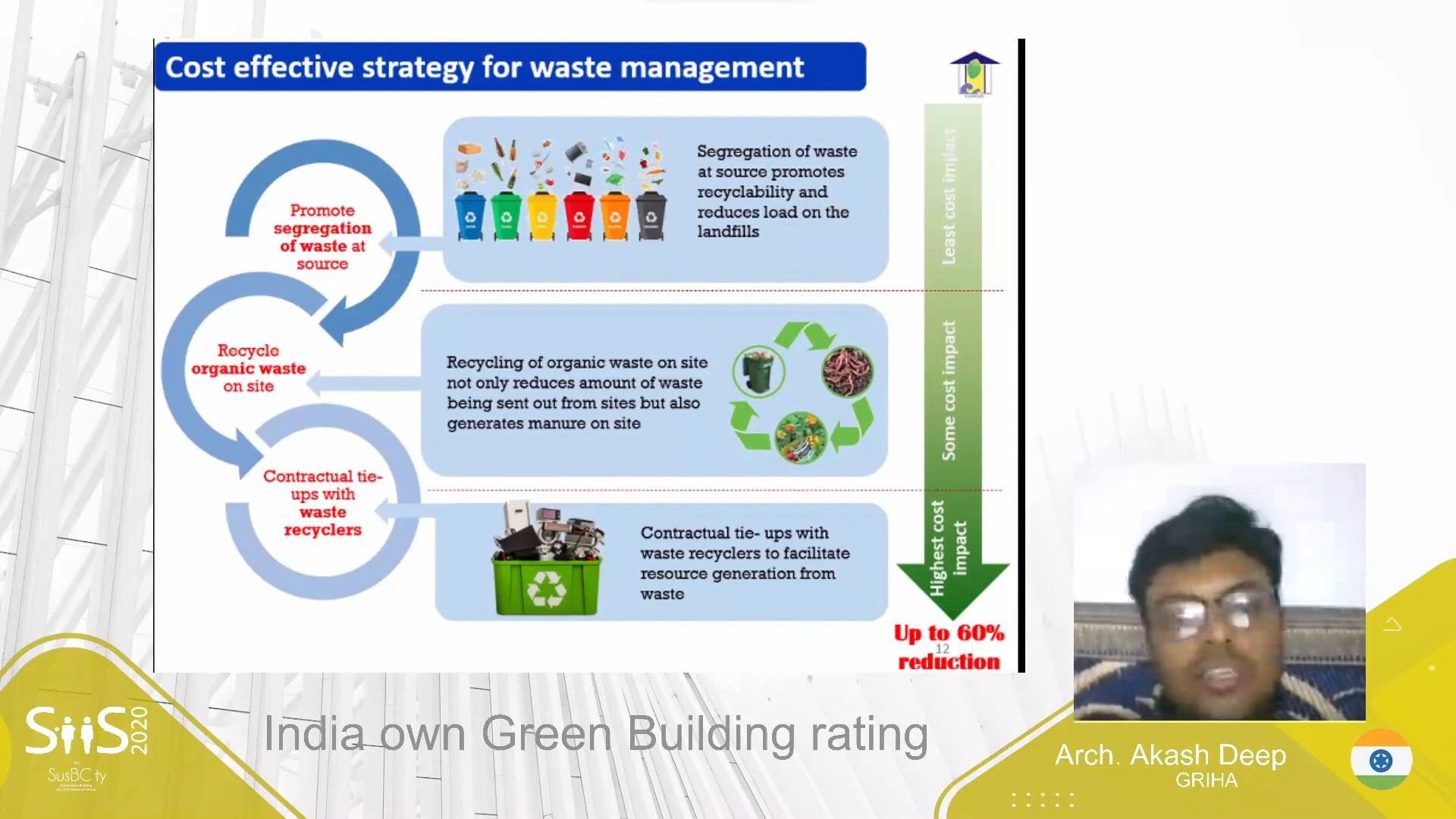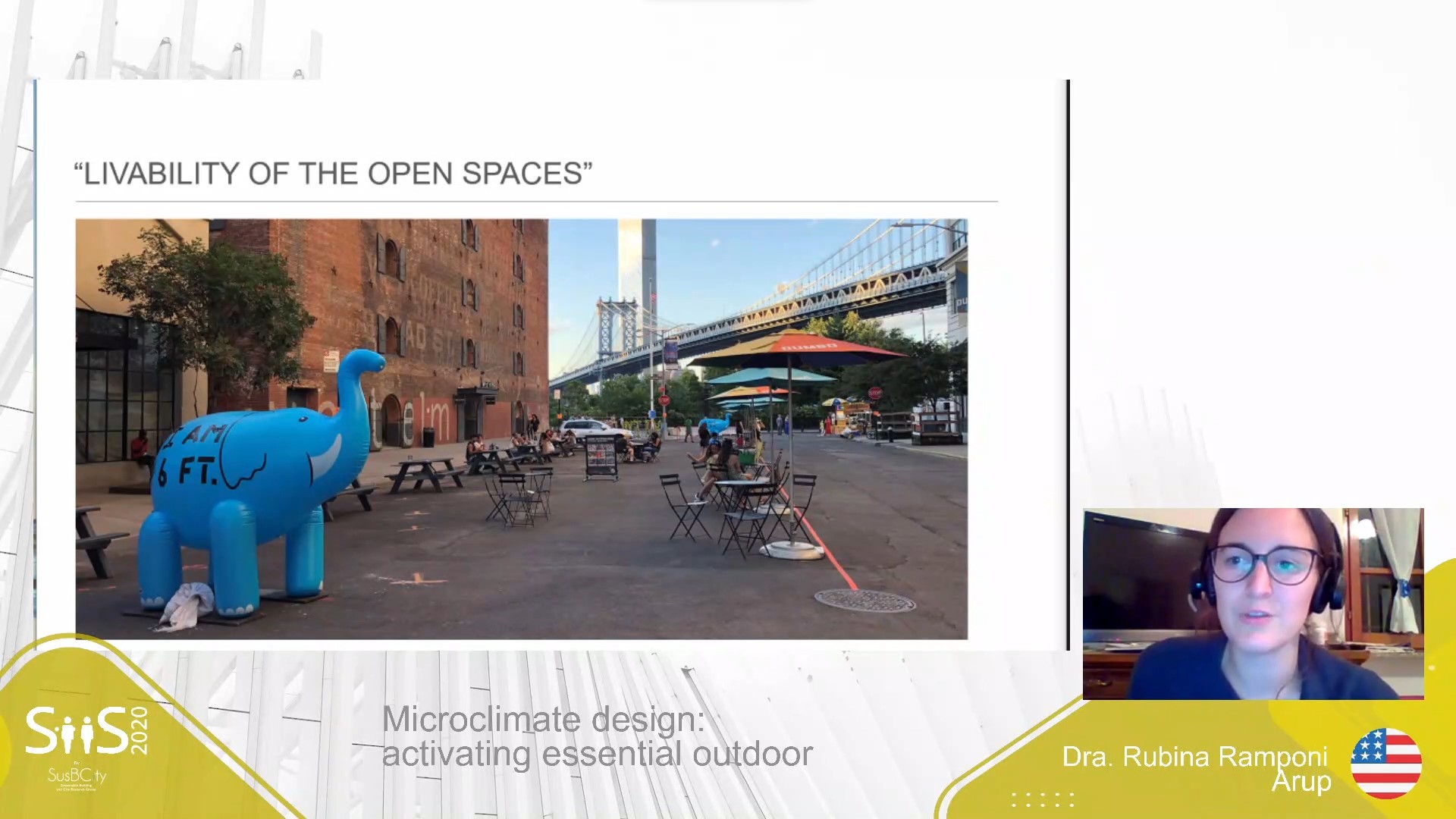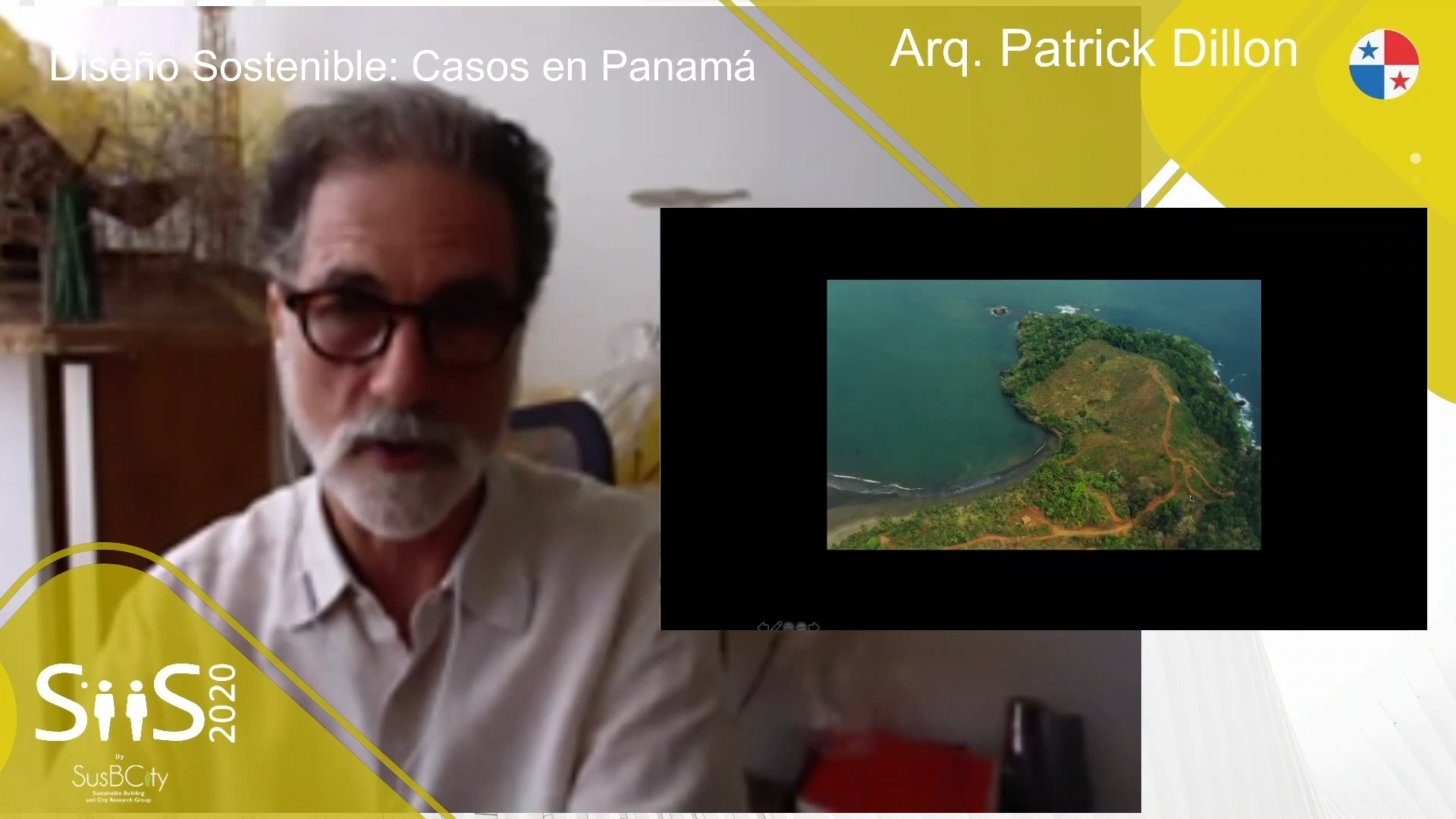días
horas
minutos
segundos
BIENVENIDOS AL
SIMPOSIO
SiiS 2022:
EDIFICIO Y CIUDAD
Esta es nuestra 4ta Edición
¡Construye cultura e innova con nosotros!
VER MAS SOBRE NUESTROS SPEAKERS
EXPOSITORES
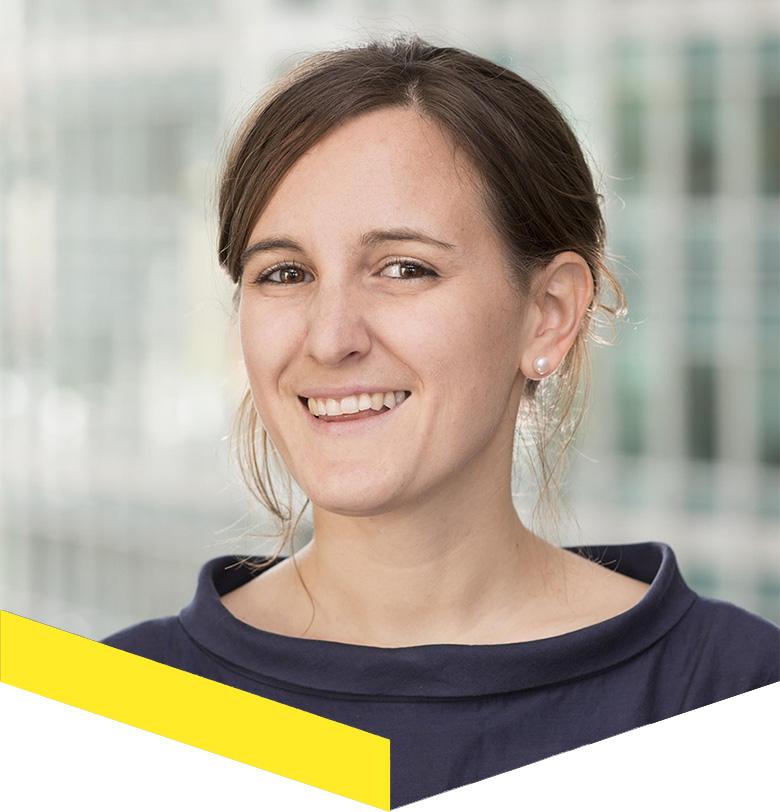
Dra. Rubina Ramponi
(ARUP, USA)
Rubina is a senior engineer in Arup’s Advanced Technology and Research team in New York. She joined Arup after completing her PhD on the computational modelling of urban wind flow and natural ventilation in buildings. Working on projects in different parts of the world, she developed a strong interest on the role of architectural design into the relationship between local climate and use of external spaces. In Arup she has worked on a range of projects which focus on the use of advanced computational methods and experiments to solve environmental, building physics and wind engineering challenges. She has skills in the field of environmental wind engineering including the use of both experimental and Computational Fluid Dynamic analysis. She is working on microclimate design for outdoor spaces. As outdoor spaces takes on a more central role in the urban ecosystem, it is increasingly important that they remain comfortable and functional year-round.

Dra. Lucelia Rodrigues
(UoN, Inglaterra)
Professor Lucelia Rodrigues is Chair of Sustainable and Resilient Cities in the Faculty of Engineering, University of Nottingham (UoN). Lucelia is a passionate, global leader in the resilience of communities and buildings in a changing climate, involved in several major sustainability projects focused on energy, carbon management and comfort. She is Deputy Director of the University of Nottingham Energy Institute, and Founder and Director of Transport, Mobility & Cities @Nottingham, an initiative bringing colleagues from all faculties together to tackle the challenges our cities face working with industry, authorities and catapults. Prof Rodrigues also runs the MArch in Architecture and Sustainable Design masters programme. She is the first female professor in the 178-year history of the Department of Architecture and Built Environment (Est. 1843 as Nottingham Government School of Design).

Arch. and Urb. Renata Gilio
(KAAN Architecten, Holanda)
Renata Gilio is general director at KAAN Architecten with extensive experience in developing and managing complex projects is several countries. She joined KAAN Rotterdam in 2008 after completing two master degrees in Brazil and France, in architecture and urban planning. At her role she founded the Brazilian branch of the office in 2015, and the American branch in 2020. She was involved in all aspects related to all the large scale and innovative complex projects of the office regarding architectural design, context analysis and stakeholder management. She’s a voting member of the Chamber of sustainability Studies for the Government of São Paulo State in Brazil and develops a sustainability research group at KAAN called impaKt that studies academical innovations in sustainable processes.

Dr. Bert Blocken
(TU/e, Holanda - KU Leuven, Bélgica)
Civil Engineer holding a PhD in Civil Engineering from KU Leuven in Belgium; Full Professor in the Department of the Built Environment at Eindhoven University of Technology (TU/e) in the Netherlands and part-time Full Professor at KU Leuven in Belgium; Scientific Director of the TU/e´s ABL Wind Tunnel. He has published 196 papers in international peer-reviewed journals. His h-index values are 55, 60 and 72 on Web of Science, Scopus and Google Scholar, respectively. He is among the 150 most cited researchers world-wide both in the field of Civil Engineering and in the field of Energy Science & Engineering. He is listed as 2018, 2019 and 2020 Highly Cited Researcher by Clarivate Analytics. He is editor, associate editor, member of the editorial board of several ISI journal such as Building & Environment and the International Journal of Ventilation and has acted as a reviewer for more than 70 different ISI journals. He works with government authorities, companies, professional sports organizations, teams and athletes towards safe and successful achievements.

Dra. Silvia de Schiller
(FADU-UBA, Argentina)
Profesor Consulto UBA y Doctora en Diseño Urbano en Oxford Brookes University, Oxford, realizó estudios de Planificación Urbana y Regional, Sociedad Argentina de Planificación, Buenos Aires, y de Especialización en Planeamiento y Vivienda, Bouwcentrum International Education, Rotterdam. Estableció el Centro de Investigación Hábitat y Energía con el Arq. John M. Evans en 1986, y en 1994 el Programa de Asistencia Técnica en Arquitectura Bioambiental. Coordinadora del Programa de Trabajo ‘Arquitectura para un Futuro Sustentable’ de la Unión Internacional de Arquitectos, Región 3 ‘Las Américas’, fue Prometeo Senior 2012-2014, SENESCyT, Ecuador. Asesora a instituciones públicas y privadas, desarrolla proyectos demostrativos en sustentabilidad, innovación y certificación de Edificación Sustentable, coordinó el proyecto Aeropuerto Ecológico Seymour, Islas Galápagos, Ecuador, y asesoró en el de Tetrapak Argentina, ambos certificados LEED Gold 2014. Directora del Proyecto de Investigación UBACyT Interdisciplinario 2017-2019 y Codirectora de la Maestría Sustentabilidad en Arquitectura y Urbanismo, FADU-UBA.

Dra. Widiyani Widiyani
(ITB, Indonesia)
Professor at the Department of Architecture, Institut Teknologi Bandung (ITB), Indonesia. She began her career as an architect at a private consultant and received several awards in Architecture design competitions in Indonesia. Since 1998 she has been teaching design studio and some courses in architecture and interior design. She completed her Master in Design Architecture from the Department of Architecture at ITB with multi-disciplinary research on behavior, lifestyle, and interior. In 2007 she became an associate professor in the Architectural Design Research Division (ADRD) at the School of Architecture, Planning and Policy Development at ITB. In 2018 at TU Eindhoven, the Netherlands, she received her PhD on the Design Decision Support System related to shopping behavior. Currently, her research interests are related to the behavior environment. During this Pandemic Covid-19, she investigates the pandemic and environment behavior, specifically on daily activity and students' online studio.

Dr. J. Antonio Castillo
(UABC, México)
Ingeniero Arquitecto y Maestro en Ciencias en Arquitectura por la ESIA-Tecamachalco del IPN. Maestro y Doctor en Ingeniería en Energía del Instituto de Energías Renovables de la UNAM. Tiene dos estancias posdoctorales: la primera con beca DGAPA-UNAM en la Facultad de Arquitectura para crear la línea de investigación de ventilación natural en esa facultad (dentro del proyecto SENER-CONACyT FSE 260155) y la segunda estancia de 2 años 10 meses con beca del proyecto SENER-CONACyT FSE 291600 en la Universidad de Sonora. Fue investigador en el Instituto de Energías Renovables UNAM donde realizó simulaciones CFD de la ventilación de un edificio. Desde agosto de este año es profesor-investigador en la Facultad de Arquitectura y Diseño en la Universidad Autónoma de Baja California (UABC). Sus líneas de investigación son: Aprovechamiento sustentable de la energía y Vivienda y hábitat sustentable. Ha publicado 39 artículos y presentado en eventos internacionales. Es Profesor de diseño bioclimático, ahorro y uso eficiente de energía en edificaciones.
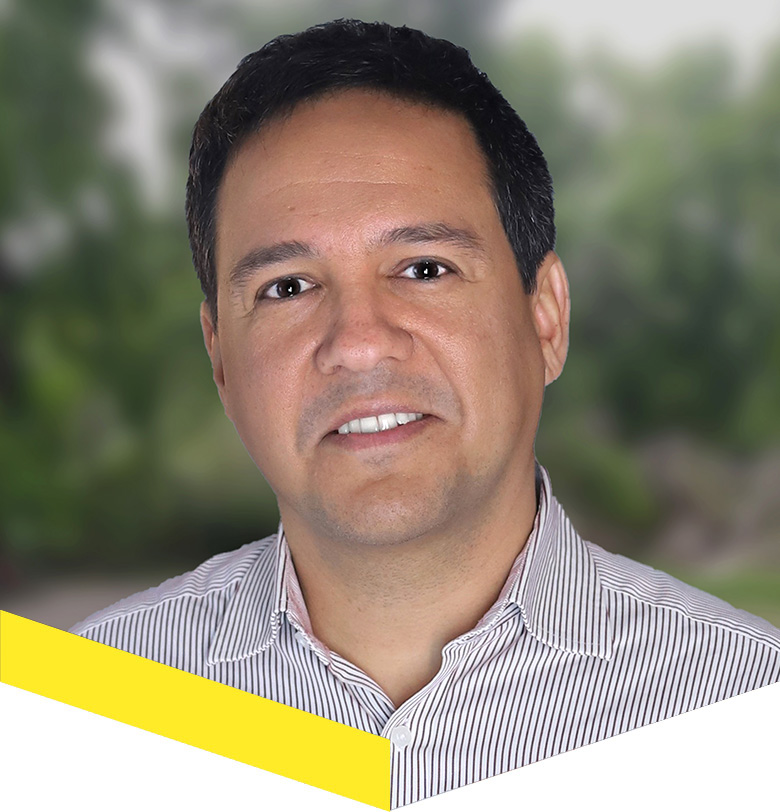
Prof. Dr. Fabiano Lemes
(Polit. di Milano, Italia)
Dr. Leme is an Associate Professor in Urbanism at the Department of Architecture and Urban Studies at Politecnico di Milano. Prof. Lemes joined Politecnico di Milano in 2019 after over 10 years working at the University of Portsmouth in the United Kingdom. His research lies at the intersection of urban and environmental planning, with a focus on the relationships between city and nature, and the roles of green space systems and planning models in city and regional planning. Recent research areas include green urbanism, planning history, nature-based solutions, urban design theory and practice, urban sustainability, and planning models aimed at balancing urbanisation with nature– in particular related to the green wedge idea. He is the author of the book Green Wedge Urbanism: History, Theory and Contemporary Practice, published by Bloomsbury (London/ New York) and co-edited the book Planning Cities with Nature: Theories, Strategies and Methods, published by Springer (Amsterdam).
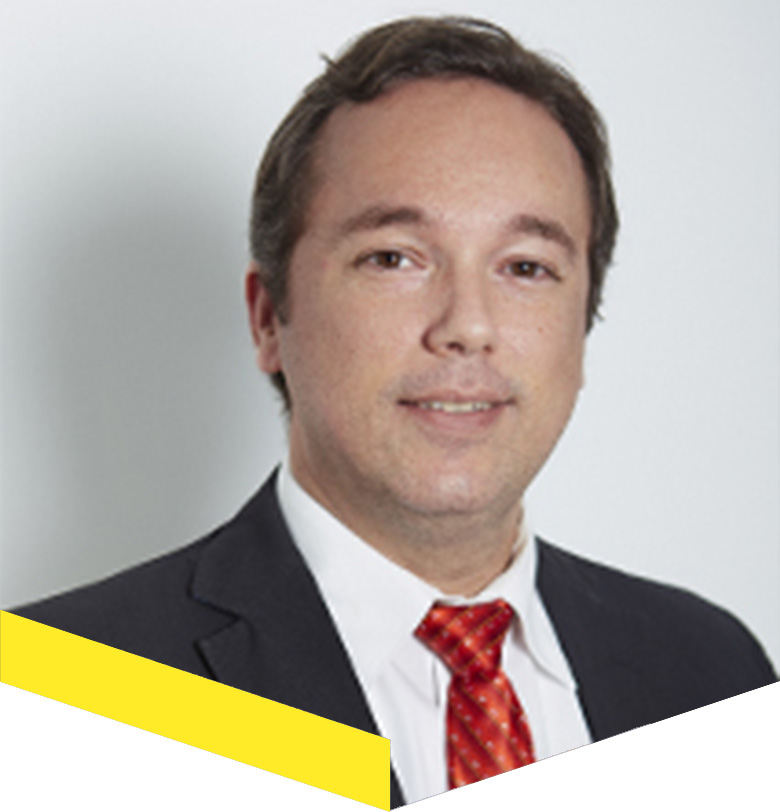
Dr. Jorge Rivera Staff
(SNE, Panamá)
Licenciado en Derecho y Ciencias Políticas, con Doctorado en Derecho Administrativo de la Universidad Complutense de Madrid. Posee Máster en Derecho de la Energía del Instituto Superior de la Energía (ISE) de España. Cuenta con más de 10 años de experiencia asesorando a gobiernos y empresas privadas en temas jurídicos, regulatorios y de políticas públicas en el sector energético. Es autor de reconocidas publicaciones, así como múltiples artículos de opinión socio-política en diarios y revistas de circulación nacional. Escritor de “Fundamentos de Derecho Eléctrico”; Editorial Barrios & Barrios. 2017. Tras desempeñar diversas labores en el sector público y privado, en julio de 2019 asume la responsabilidad de dirigir la Secretaría de Energía. Entre sus principales retos está trabajar por la seguridad y transición energética, impulsar las energías renovables y seguir dinamizando el sector de hidrocarburos, ejes fundamentales para el desarrollo social y económico del país.
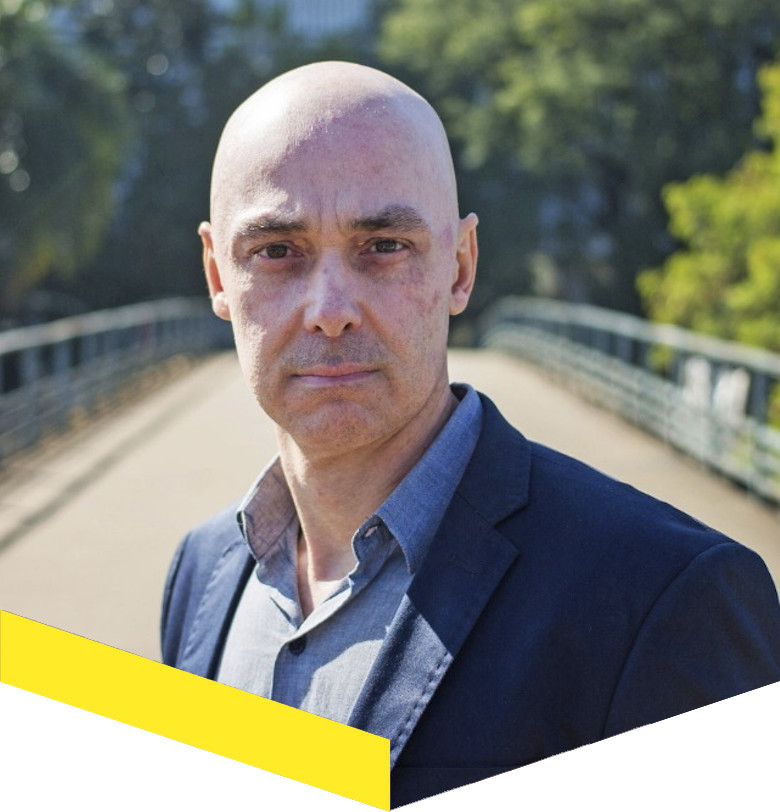
Dr. Jeferson Tavares
(USP - São Paulo, Brasil)
Professor at the Institute of Architecture and Urbanism (IAU-USP) and in the Environmental Engineering Course (EESC-USP). Leader of the Grupo PEx-URB (Group Research, Teaching and Extension Practices in Urbanism). Research Group and national coordinator of the Laboratory for Urbanistic Experimentation (LEU – Laboratório de Experiências Urbanísticas). Coordinator of urbanization projects for the Ministry of Cities in the states of São Paulo, Minas Gerais, Piauí and Santa Catarina. Authored the books “Projetos para Brasília: 1927-1957” [Projects for Brasília: 1927-1957] (IPHAN: 2014, 506 p.) – which won the ANPARQ (National Association for Post-Graduate Studies and Research in Architecture and Urbanism) Award – 2016, and “Planejamento Regional do Estado de São Paulo: Polos, Eixos e a Região dos Vetores Produtivos” [Regional Planning in the State of São Paulo: Productive Vectors’ Concentration, Axes and Region] (Annablume: 2018, 332 p.) – which won the IV Ana Clara Torres Ribeiro Award – ANPUR (National Association for Post-Graduate Studies and Research in Urban and Regional Planning) – 2019.
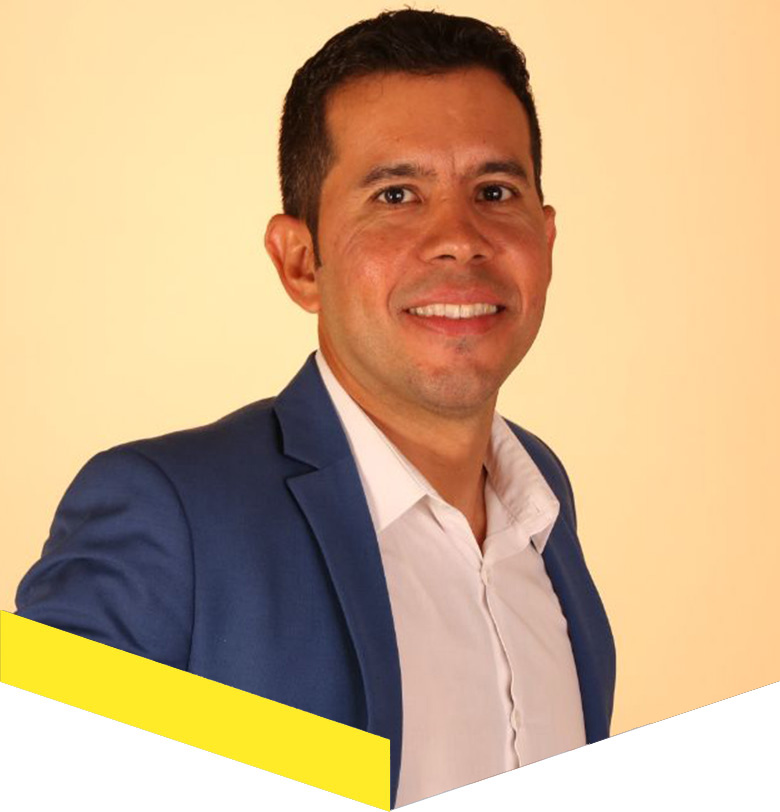
Dr. Jorge Isaac Perén M.
(Ecosistema JIP+, Panamá)
Investigador y consultor en Diseño Energético y Ambiental (Edificación Verde). Tiene una estadía posdoctoral en la Universidad Tecnológica de Eindhoven (TU/e), en los Países Bajos. Recibió su Ph.D. tanto en el Departamento de Ambiente Construido de la Universidad Tecnológica de Eindhoven (TU/e), como en el Departamento de Ingeniería de Construcción Civil de la Escuela Politécnica de la Universidad de São Paulo (USP), São Paulo, Brasil en Ventilación de edificios impulsada por el viento. Recibió sus títulos de Arquitecto y Urbanista y Maestría en la Escuela de Ingeniería de São Carlos de la Universidad de São Paulo (EESC/USP), en São Carlos, Brasil. Ha producido varios artículos en revistas indexadas JCR; como la revista Building and Environment y el Journal of Wind Engineering and Industrial Aerodynamic. Es fundador y director del grupo multidisciplinar de investigación SusBCity y editor de la revista SusBCity. Actualmente es el Investigador Principal (IP) del proyecto de investigación y desarrollo MUVEE PANAMA.
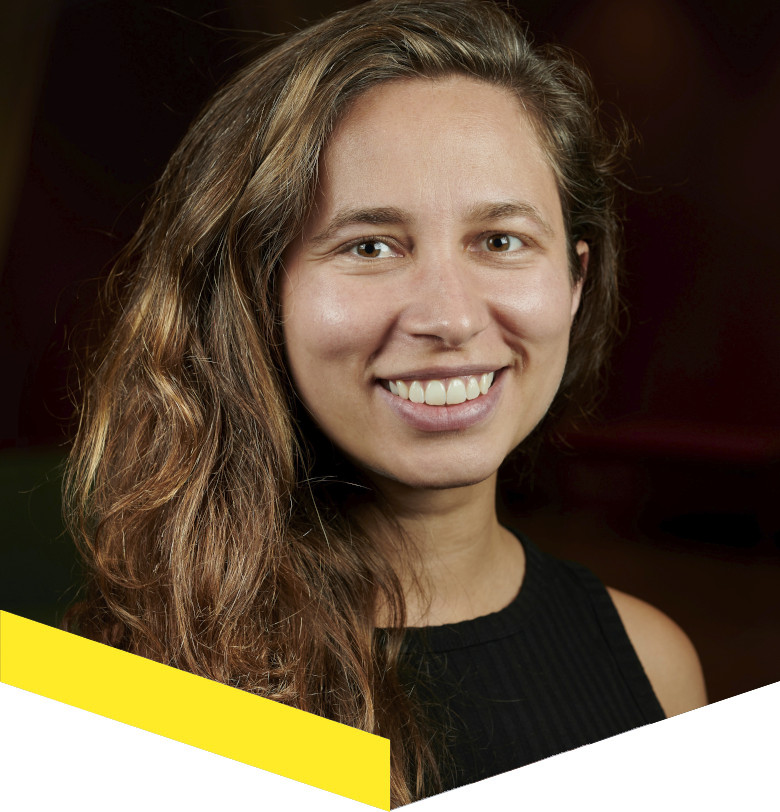
Evelise Pereira B., MSc MPH
(ISGlobal, España)
Evelise Pereira Barboza es Gestora Ambiental por la Universidad de Sao Paulo (Brasil), especialista en Educación y Gestión de Proyectos, y máster en Salud Pública por la Escuela Andaluza de Salud Pública (España) y la École des Hautes Études en Santé Publique (Francia). Tiene experiencia en planificación ambiental, sostenibilidad urbana, participación social y promoción de la salud; y ha trabajo en los sectores público y privado, y también en ONG.
Actualmente, realiza su PhD en la Universidad Pompeu Fabra y el Instituto de Salud Global de Barcelona ISGlobal (España), centrada en las exposiciones ambientales decorrentes de la planificación urbana y de transporte como determinantes de la salud en las ciudades. También forma parte del GoGreenRoutes, proyecto Horizon 2020 que implementará Soluciones Basadas en la Naturaleza (SBN) enfocadas en intervenciones verdes por medio de la participación ciudadana, en las que evaluará y monitoreará sus impactos en la salud.
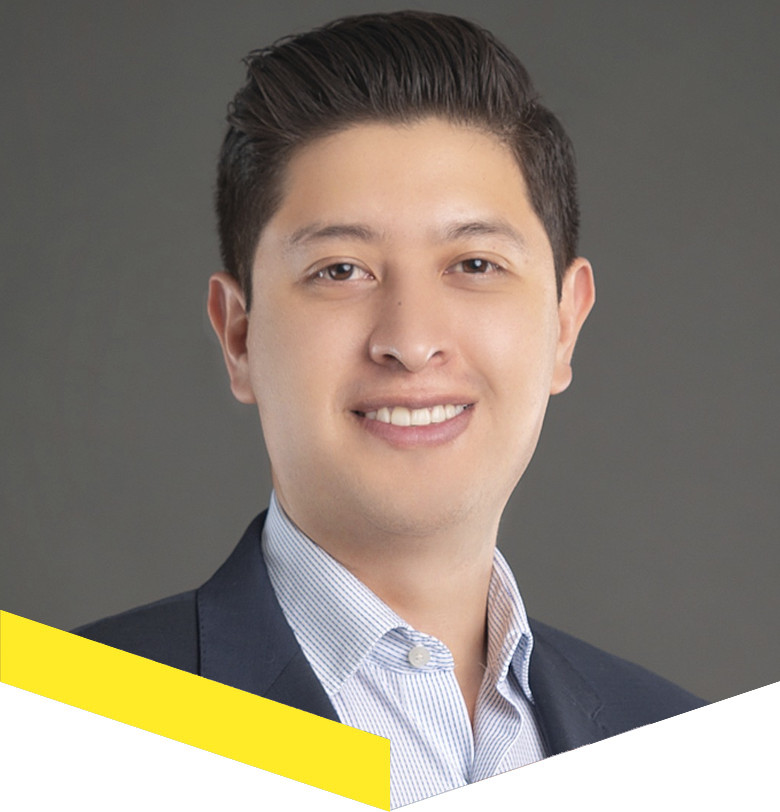
Dr. Israel Mariaca
(The Bartlett School of Sustainable Construction UCL, Inglaterra)
PhD Candidate in The Bartlett School of Sustainable Construction University College London, Reino Unido. Master en Ciencias de la Ingeniería y Administración de la Construcción graduado con Mención Honorífica de Excelencia Tecnológico de Monterrey, México. Master en BIM Management gracias a una beca otorgada por la Organización de Estados Americanos. Trainer oficial de SynchroPro (BIM 4D) por Bentley Systems. Conferencista internacional.
Director de la Empresa Lean BIM América y docente universitario a tiempo horario, profesor invitado en programas de educación continua de la Universidad de Chile, Tecnológico de Monterrey y Cámara Colombiana de la Construcción CAMACOL. Presidente y fundador de la Organización sin fines de lucro ASNBIM (Asociación Nacional BIM Bolivia). Su investigación actual está enfocada en procesos de simulación, Inteligencia Artificial y BIM para la predicción de operaciones de construcción mediante el entendimiento e interpretación de factores de incertidumbre.

Arq. Marcelo Ferraz
(Brasil Arquitetura, Brasil)
Arquitecto por la FAU-USP. Fue colaborador de Lina Bo Bardi de 1977 a 1992, participando en todos sus proyectos en ese período, entre ellos el SESC Pompeia. Dirigió el Instituto Lina Bo e P. M. Bardi de 1992 a 2001 y el Programa Monumenta – Minc (para la recuperación de ciudades históricas) entre 2003 y 2004. En 1992 publicó el libro Arquitetura Rural na Serra da Mantiqueira y en 2005 el libro Brasil Arquitetura–Francisco Fanucci e Marcelo Ferraz, con obras seleccionadas. En 2006 fue docente invitado en la Washington University in Saint Louis, Estados Unidos. Es profesor en la Escola da Cidade, São Paulo.Es socio del estudio Brasil Arquitetura desde 1979, con proyectos premiados en Brasil y en el exterior, entre ellos el Barrio Amarillo en Berlín, el Museo Rodin Bahia en Salvador, y el Museo del Pan en Ilópolis (RS, Brasil). Entre las obras destacadas de Brasil Arquitetura, se encuentra la Praça das Artes en São Paulo.


